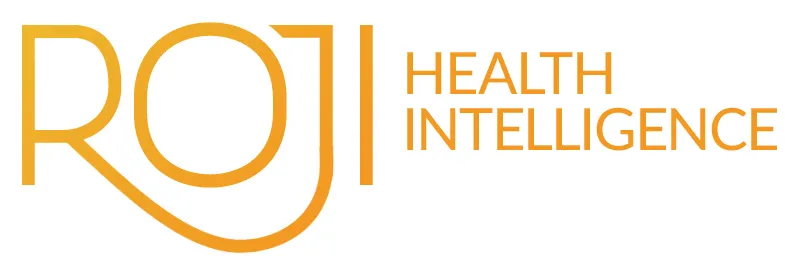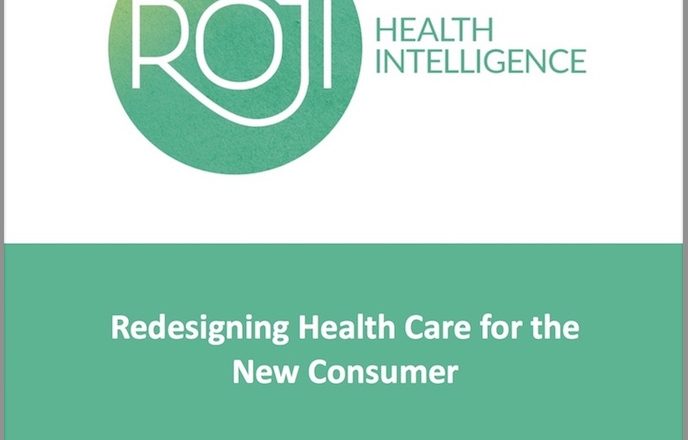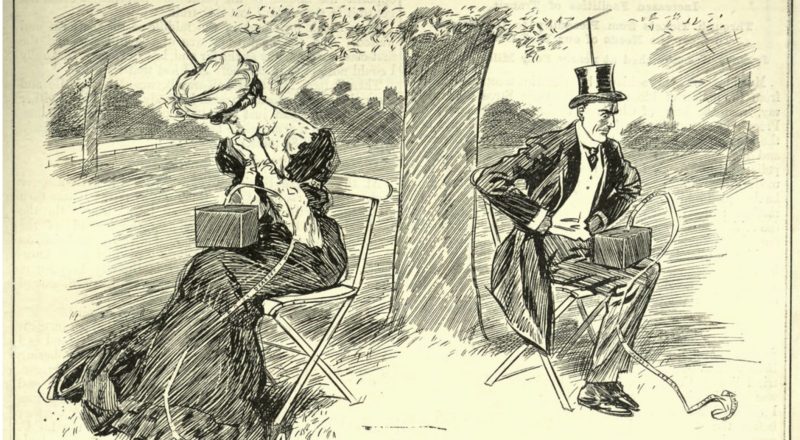Health care has been extraordinarily resistant to change. Escalating costs have been at issue since the early 1980s—think about it!—but continue to rise unabated. Ask anyone participating in the system, be they physicians or other health care providers, payers or patients, and you will be inundated with complaints about health care economics, outcomes or processes. […]
Physician-Patient Interaction: Where We Should Begin to Measure and Improve Medicine
Data is not always the path to identifying good medicine. Quality and cost measures should not be perceived as “scores,” because the health care process is neither simplistic nor deterministic; it involves as much art and perception as science—and never is this more the case than in the first step of that process, making a […]
Redesigning Health Care for the New Consumer
A consumer-driven culture shift is emerging in health care that will change the dynamics of health care purchasing decisions and impact providers’ bottom line. It is being fueled by policies that are increasing the share of health care expenses paid by consumers. Benefit plans with higher deductibles and copayments, choices narrowed to providers who demonstrate lower […]
How to Recognize “Fake” Medical News — And Why It Matters
Is coffee good for you? A recent headline suggested that people who drink coffee live longer. Sounds great to me. I drink a lot of coffee, so maybe I will be immortal. But, wait, another report links coffee to cancer. Dang. Estrogens were once touted as a life saving elixir for women of elegant ages, […]
It’s Not What We Don’t Know That Hurts Us: It‘s What We “Know” That Isn’t So
Making a decision is a—or really—“the” fundamental activity of life. The decisions we make, the consequences of those decisions, our feelings about the consequences, our interpretation of whether we made a good or bad decision based on those consequences, in total, form the basis of our life’s experiences, and, often, how we decide the next […]
Narrow Networks and Rationed Health Care, Version 2017
For decades, our nation’s health care system has been highly valued for its bounty. Access to the most advanced technology, surgery and expertise has been a point of pride. The concept of rationing health care, by contrast, has been taboo. We accused the British of rationing in their universal health system when people had to […]
The Doctor Will See You Now, But Don’t Stay Long or Ask Too Much
Something has been happening with physician medical visits. Maybe I’m just noticing it because my doctor quit and I had to find a new one, which put me on a treadmill of repeat appointments—because, as my new physician told me, she was out of time for our visit. But here’s the rub: Apart from seasonal […]
Physician Comparisons Based on Performance Don’t Tell the Right Story
Medical decision-making requires a comparison. There is, most often, more than a single option for your care. New tests and treatments are constantly being added to the medical portfolio by scientific inquiry. The only way to advance care, in fact, is by comparing options. Comparing incites a difficult task, however: the compared option that is […]
Can Consumers Help Reduce Rising Costs of Medical Technology?
In years to come, the current health care financial scene may seem like the “good old days” of health care for middle class Americans. Despite escalating consumer costs, proposed cuts in coverage, and an ever-rising cost of care, most Americans can still access health care services. They believe health care will be there for them, […]
Can Consumers Get Essential Information to Make Good Health Care Decisions?
In the rancorous public debate about how to provide health care to Americans—and especially to vulnerable people with higher risks, lower income, or both—there is a common explanation for rising costs: it’s the patients’ fault. According to this argument, we need to stop the “overuse” of health care services by consumers that are causing our […]










